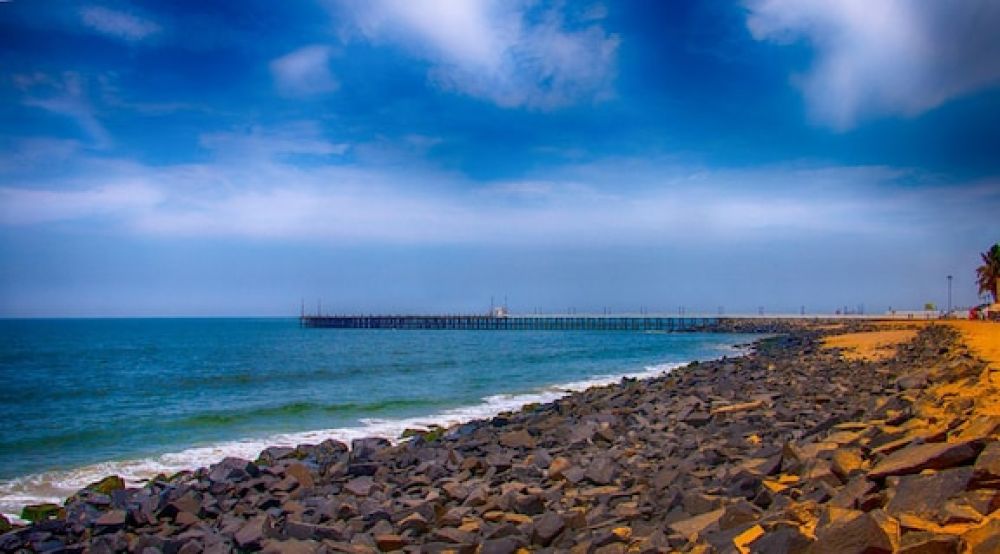

Pondicherry, also known as Puducherry, is a Union Territory of India that boasts a rich history that dates back centuries. The region was a melting pot of various cultures, notably the French, Dutch, Portuguese, English, and Indian. The French influence, however, has been the most enduring, having colonized the region for nearly 300 years until it was officially handed over to India in 1954. This European legacy has played a pivotal role in shaping Pondicherry's unique charm and appeal as a tourist destination.
The earliest instances of tourism in Pondicherry can be traced back to the colonial era when it served as a retreat for French nationals and other Europeans stationed in India. The seafront, with its quaint cobblestone streets and colonial architecture, became a defining feature of the town. Over the years, the blending of Tamil culture with French influence also gave birth to a unique Creole cuisine, architecture, and lifestyle, which continues to attract tourists.
Following its integration into the Indian Union, Pondicherry slowly began to emerge as a tourist hub, attracting visitors keen on exploring its colonial past and spiritual heritage. The establishment of the Sri Aurobindo Ashram in 1926 by spiritual leaders Sri Aurobindo and The Mother marked a turning point in the region's tourist history. The Ashram became a spiritual haven, drawing seekers and followers worldwide, leading to the eventual founding of Auroville, an international township dedicated to human unity and peace, in 1968.
Beyond its spiritual draw, Pondicherry's beautiful beaches, such as Promenade Beach, Auro Beach, and Serenity Beach, began to gain popularity among tourists looking for a laid-back coastal experience. The French Quarter, with its well-preserved colonial architecture, boutiques, cafes, and art galleries became a favourite among those keen on experiencing the Franco-Tamil culture.
The promotion of the region's natural and cultural assets, such as the Pondicherry Museum, the Botanical Garden, and temples like Manakula Vinayagar Temple, further boosted tourist interest. Efforts by both the local government and private enterprises led to the development of hospitality services, ranging from heritage hotels to beach resorts, catering to diverse travel preferences.
In recent years, Pondicherry has seen new tourism trends, focusing on sustainable and experiential travel. Tourists now seek more than just sightseeing; they aim for a deeper connection with the local culture and environment. The rise of eco-friendly hotels and activities, such as bicycle tours, organic farming experiences, and culinary classes, have aligned with these modern demands.
Wellness tourism is also on the rise in Pondicherry, with a growing number of visitors drawn to its yoga retreats, meditation programs, and alternative healing therapies. Festivals, such as the Pondicherry Heritage Festival, further celebrate the region's rich history and cultural diversity, fortifying its position as a resonant hub for cultural tourism.
The tourism department's digital initiatives, including virtual tours and social media campaigns, have played a significant role in keeping the destination in the limelight, particularly during the travel restrictions imposed during the COVID-19 pandemic. As travel resumes, Pondicherry continues to evolve, offering a blend of history, culture, spirituality, and relaxation, making it a unique travel destination in India.